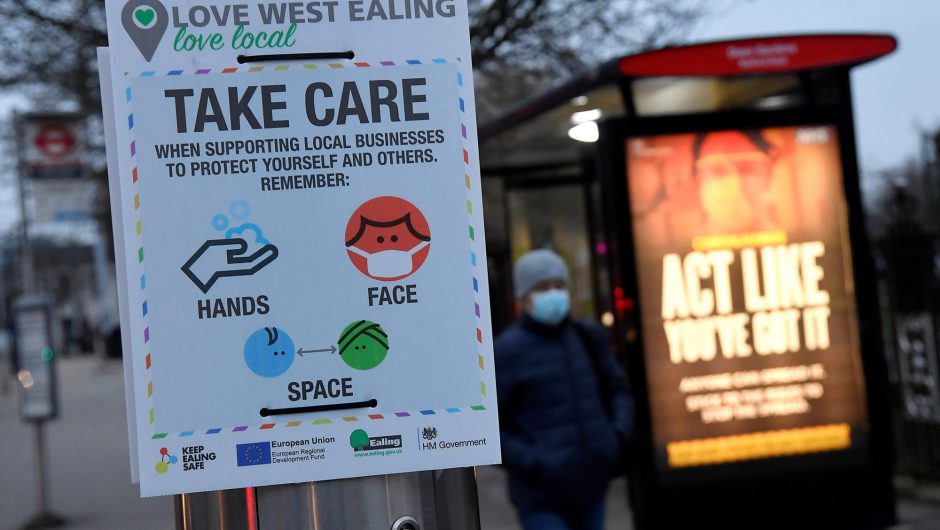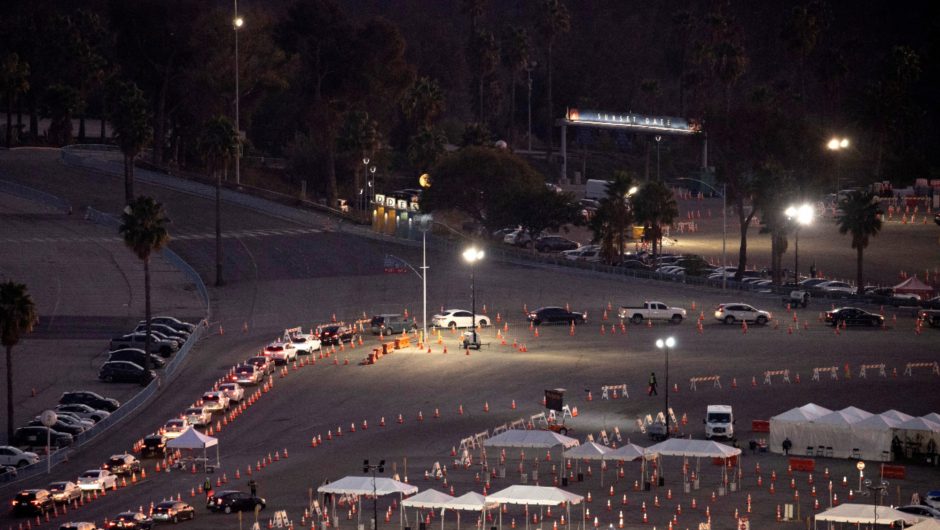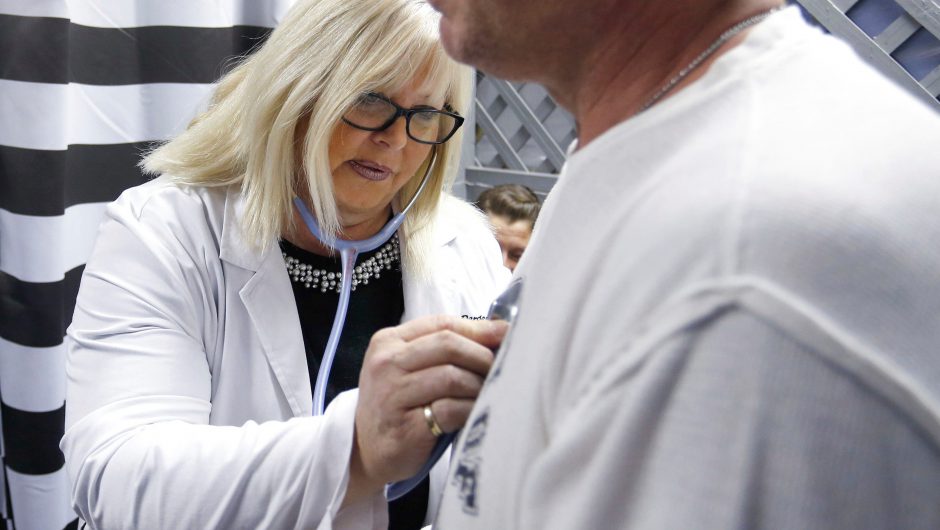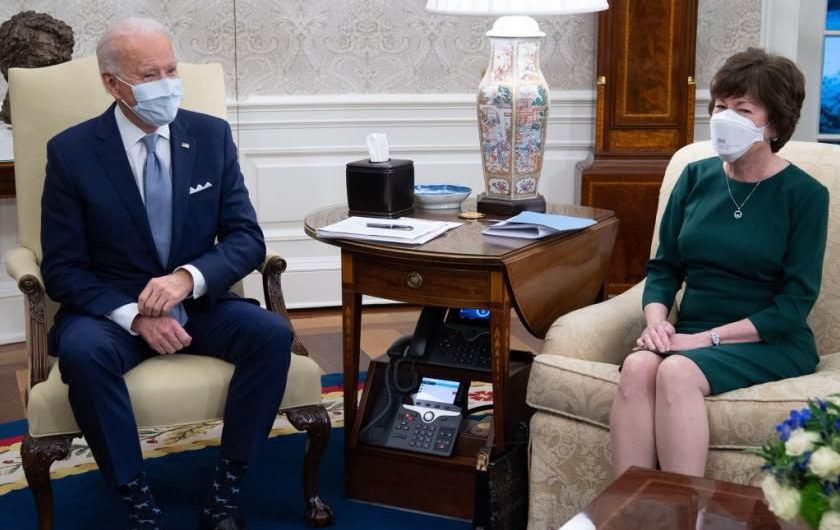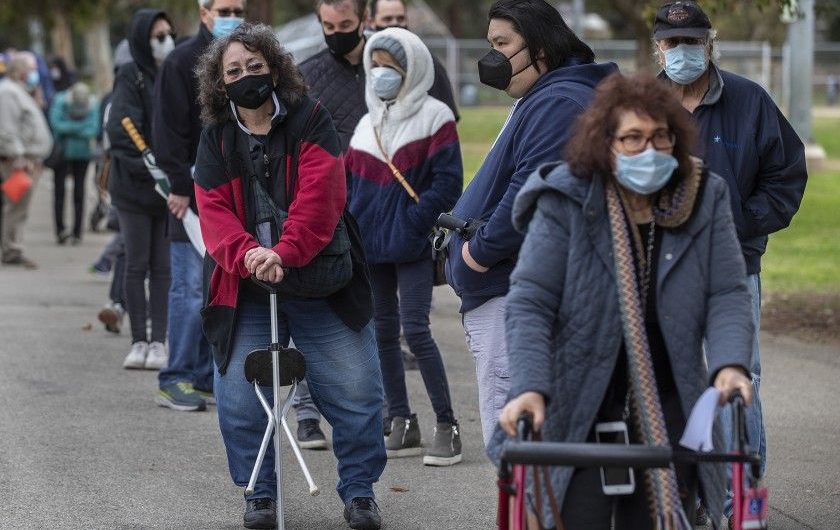[ad_1]
Alex Azar signs a memorandum of understanding on a visit to Taiwan: AP
Trump administration health secretary Alex Azar declared today that any US-developed coronavirus vaccine would be shared with the rest of the world – but only after Americans’s needs have been served.
Speaking to reporters on a visit to Taiwan, Mr Azar made clear that the the US government’s vaccine development programme – christened “Operation Warp Speed” – is principally aimed at tackling the domestic outbreak.
“Our first priority of course is to develop and produce enough quantity of safe and effective FDA-approved vaccines and therapeutics for use in the United States,” the secretary said.
“But we anticipate having capacity that, once those needs are satisfied, those products would be available in the world community according to fair and equitable distributions that we would consult in the international community on.”
The vaccine research being funded under Operation Warp Speed is attempting to create a safe and effective vaccine in record time, and to roll out hundreds of millions of doses as soon as the end of this year – an unprecedented achievement in mass inoculation research, a process that normally takes years rather than months.
Some observers are concerned that the project may have taken on an overly political dimension, with the administration keen to declare success by election day on 3 November. Donald Trump has repeatedly said the virus will “disappear” and that his administration will bring it to heel, promises that currently cannot be backed up with any available medication or technology.
The result, some experts worry, could be a vaccine brought to market before it has been deemed effective or safe, raising the prospect of inflicting dangerous side effects on millions of people without giving them immunity.
Mr Azar’s trip to Taiwan, meanwhile, is the highest-level visit by a US official in decades, and comes as the Trump administration takes a drastically more hawkish turn towards Beijing.
With fights over trade, data security, the future of Hong Kong and the treatment of the Uighurs in Xinjiang province all ramping up, US-China relations are at possibly their lowest point since the “normalisation” of the 1970s.
Story continues
The Chinese government has now responded with umbrage to Mr Azar’s visit. The secretary has already praised Taiwan’s response to the pandemic as “among the most successful in the world”, calling it “a tribute to the open, transparent, democratic nature of Taiwan’s society and culture”.
For its part, China has warned that the visit could “gravely damage” the two countries’ already strained relations, and has vowed to take countermeasures, albeit without specifying what those might be.
The Trump administration, meanwhile, has blamed China for the coronavirus outbreak. This summer, it pulled out of the World Health Organisation citing the body’s supposed acquiescence to China and its interests – among which is keeping Taiwan outside the organisation.
Nonetheless, Mr Azar maintained that “the United States has always been and will remain the largest funder of global public health in the world,” and said the administration would find new bilateral and multilateral alliances and organisations to pursue the same priorities.
[ad_2]
Source link


